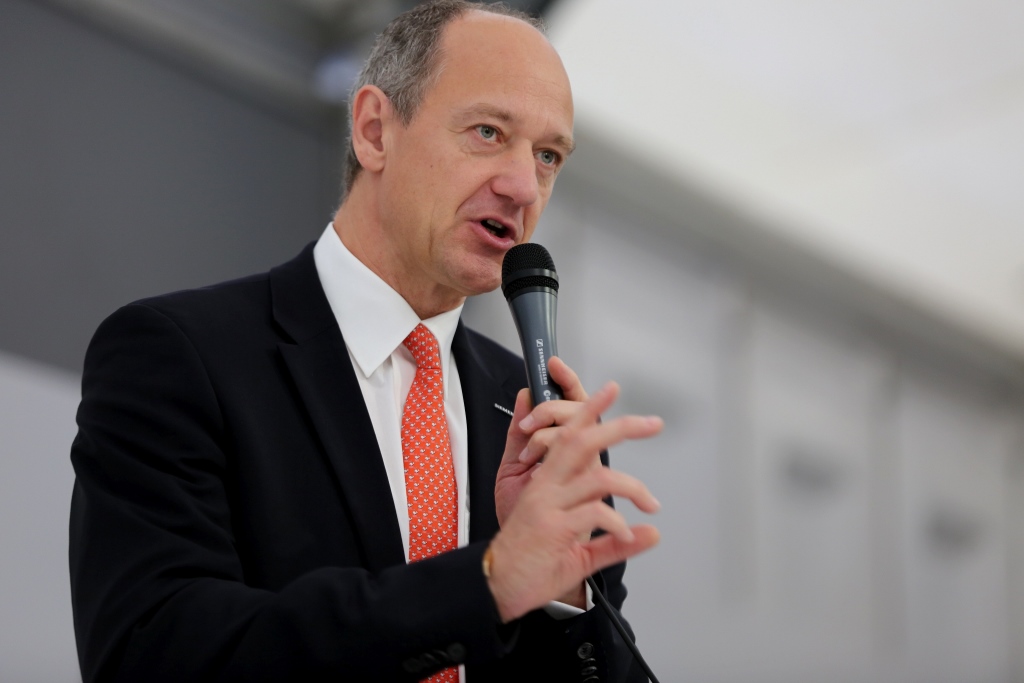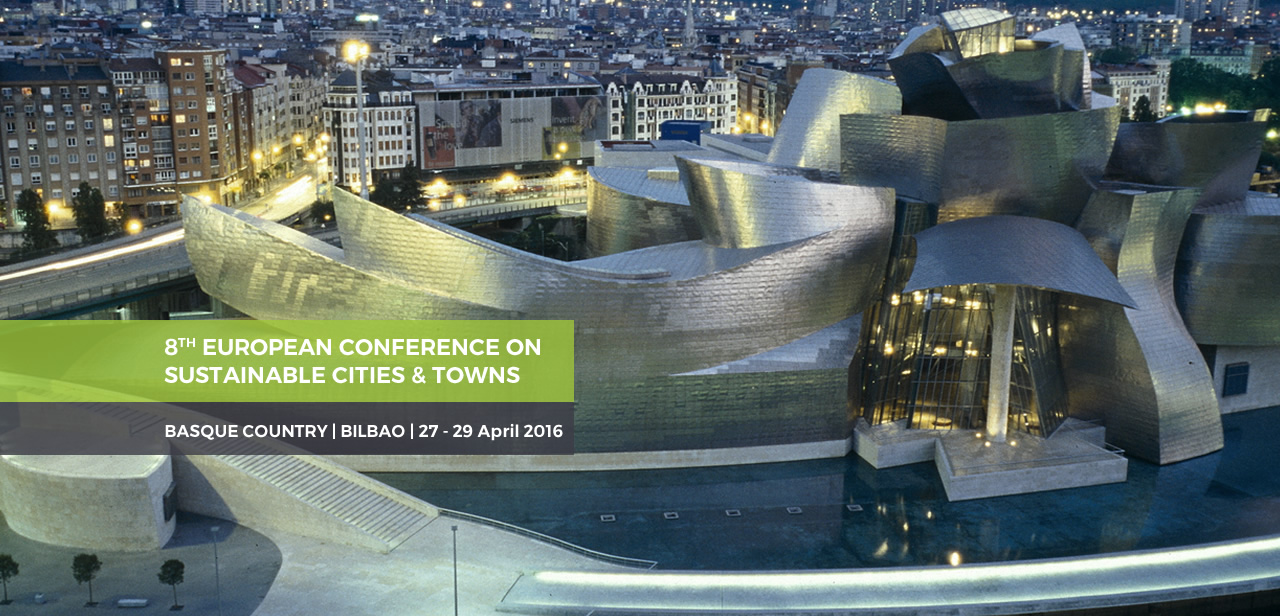TAP Time: France
“TAP Time” sessions at the Cities & Regions Pavilion showcase the most promising projects from the Transformative Actions Program (TAP).
Today’s France TAP Time session featured presentations from Célia Blauel, Deputy Mayor of Paris; Stéphane Troussel, President of the Seine-Saint-Denis Departmental Council; and Damien Carême, Mayor of Grande-Synthe. The projects all focused on housing renovation as a key factor in the transition to a sustainable society.
Celia Blauel presented Paris’s “1,000 immeubles” project, which will accompany the owners of 1,000 buildings through energy renovation projects Paris, she explained, had examined various approaches for reducing its greenhouse gas emissions, and had decided that the renovation of houses for energy efficiency was an effective strategy. The project would contribute not only to reducing greenhouse gas emissions but would address social inequalities, helping to reduce citizens’ energy bills and providing jobs in the building and construction sectors (2,500). These were the impacts most readily felt by citizens, Blauel added.
Stéphane Troussel presented the Pass’Réno 93 project, a similar project which guarantees a single contact throughout the whole energy renovation process. Troussel explained that “there will be no energy and economic transition without an accompanying social transition”. This was particularly the case in Seine-Saint-Denis. Suburban areas, he explained, are most affected by social issues, lacking transport infrastructure and housing, with substantial unemployment. They are also most affected by air pollution. The project therefore aims to tackle climate change and energy poverty, but will also serve as a source of jobs. The region is a former industrial area, and the project will offer a large number of new opportunities for young people. Troussel indicated that up to 60,000 businesses could be involved in the renovation efforts.
In Grande-Synthe, housing is part of a wide transition. The town experienced rapid industrial growth, and subsequently suffered from deindustrialization, with a current rate of unemployment of 24%. Mayor Damien Careme explained that Grande-Synthe’s transforrmation looks to address all the needs of the local population, including food (with e.g. 100% organic and local food in schools) and transport (with e.g. the introduction of five hydrogen-powered cars). The town was trying to move as fast as possible, Careme said. However, expertise from outside was needed. In addition, the town was working hard to engage citizens and businesses, some of whom were reluctant to shift to a new, sustainable economic model.
The three cities delivered a strong message: individual sustainability efforts must always be a part of a broader vision, particularly in regions that have been disadvantaged. Rather than making piecemeal changes to respond to specific problems, cities, towns and regions in France are implementing holistic strategies to regenerate areas. While these projects are linked by a focus on housing, they are more broadly linked by an ambitious and long-term mindset.






